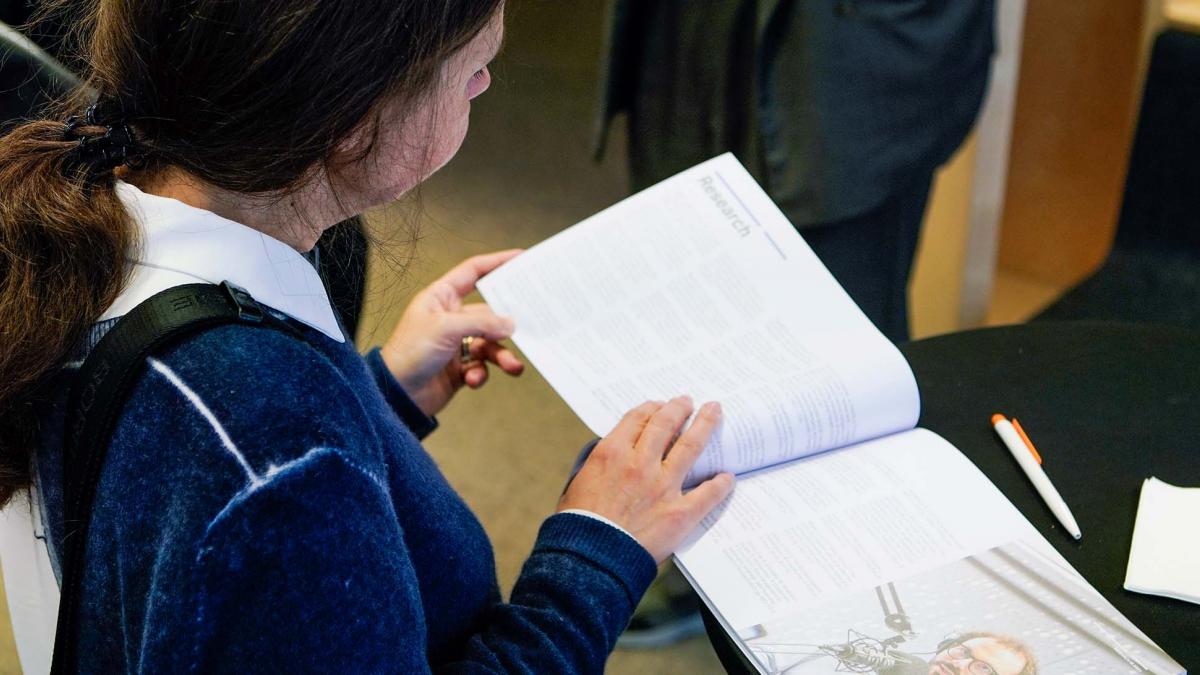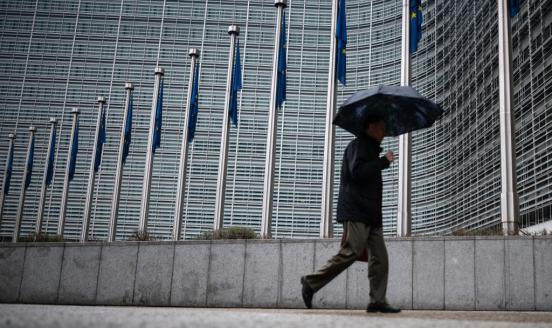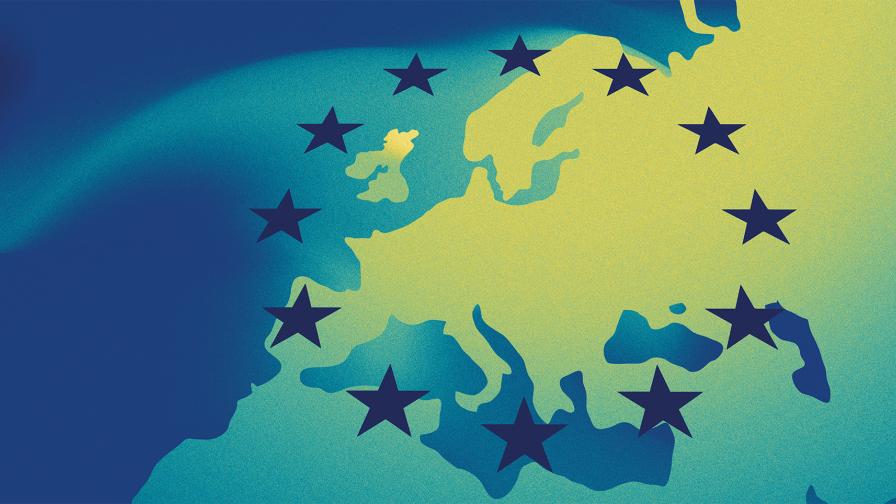
Publications
Economic analysis and policy recommendations based on rigorous academic underpinnings
Recent publications

EU savers need a single-market place to invest
Proposals to leverage the single market to boost retail investment could lead to a product citizens will trust

Income inequality and the liberal economic order: a not entirely Western perspective
This essay argues that global welfare gains should be safeguarded and built on, not undermined by a blinkered perception of liberalism.

The impact on the European Union of Ukraine’s potential future accession
This report evaluates the impact on the EU of a possible EU accession of Ukraine, focusing on economic consequences and institutional developments.

Inclusive digital economy: a round-up of project research
The rise of automation, remote employment and a diversifying workforce will necessitate a shift in how we interact with new technology

Economic arguments in favour of reducing copyright protection for generative AI inputs and outputs
The licensing of training inputs slows down economic growth compared to what it could be with competitive and high-quality GenAI
Publication list
Analysis
25 April 2024
EU savers need a single-market place to invest
Proposals to leverage the single market to boost retail investment could lead to a product citizens will trust
Essay
25 April 2024
Income inequality and the liberal economic order: a not entirely Western perspective
This essay argues that global welfare gains should be safeguarded and built on, not undermined by a blinkered perception of liberalism.
Report
11 April 2024
The impact on the European Union of Ukraine’s potential future accession
This report evaluates the impact on the EU of a possible EU accession of Ukraine, focusing on economic consequences and institutional developments.
Analysis
08 April 2024
Inclusive digital economy: a round-up of project research
The rise of automation, remote employment and a diversifying workforce will necessitate a shift in how we interact with new technology
Working paper
04 April 2024
Economic arguments in favour of reducing copyright protection for generative AI inputs and outputs
The licensing of training inputs slows down economic growth compared to what it could be with competitive and high-quality GenAI
Working paper
26 March 2024
The rocky road to EU accession for Western Balkan countries: obstacles and lessons from the Eastern Partnership
The three eastern European states had practically no waiting time before being accepted as candidate countries right after application
Analysis
21 March 2024
Emerging countries have replaced most of Russia’s lost trade with advanced economies
Russian trade overall seems to have suffered little from sanctions; meanwhile, medicine and food trade continues with sanctioning countries
Policy brief
21 March 2024
Broader border taxes: a new option for European Union budget resources
The purpose of this paper is to review the Commission’s proposal and to contribute new ideas for ‘genuine’ own resources
Analysis
19 March 2024
The European defence industrial strategy: important, but raising many questions
The European defence industrial strategy helps to focus thinking but has significant flaws
Working paper
14 March 2024
Incorporating the impact of social investments and reforms in the European Union’s new fiscal framework
This paper proposes an approach for quantifying the impact of public investments and reforms on debt sustainability
Working paper
07 March 2024
Exposure to generative artificial intelligence in the European labour market
Women, highly educated and younger workers are more exposed to generative AI. Policy can intervene on both the labour supply and labour demand side
Analysis
07 March 2024
The European Union AI Act: premature or precocious regulation?
As it stands, it is unknown whether the Act will stimulate responsible AI use or smother innovation.
Policy brief
07 March 2024
Ukraine’s path to European Union membership and its long-term implications
The war complicates the accession process, but Ukraine can work progressively towards meeting the entry conditions
Analysis
04 March 2024
Reskilling and mobility: a round-up of project research
As the need for artificial intelligence and green jobs accelerates, there is extraordinary demand for reskilling within the European workforce
Working paper
04 March 2024
Global supply chains: lessons from a decade of disruption
This paper revisits the effects of three shocks on the functioning of global supply chains.
Working paper
29 February 2024
Knowledge spillovers and geopolitical challenges in global supply chains
Our main message is that policies restricting knowledge flows should be limited to narrowly defined areas of strategic importance.
Republishing and referencing policy
Bruegel considers itself a public good and takes no institutional standpoint. Anyone is free to republish and/or quote any of our posts without prior consent. Please provide a full reference, clearly stating Bruegel and the relevant author as the source and include a prominent hyperlink to the original post.
Topics
Browse publications by topic

European governance

Energy and climate policy

Digital economy, labour markets, skills and health

Banking and capital markets

Global economy and trade policy

Inclusive economy
